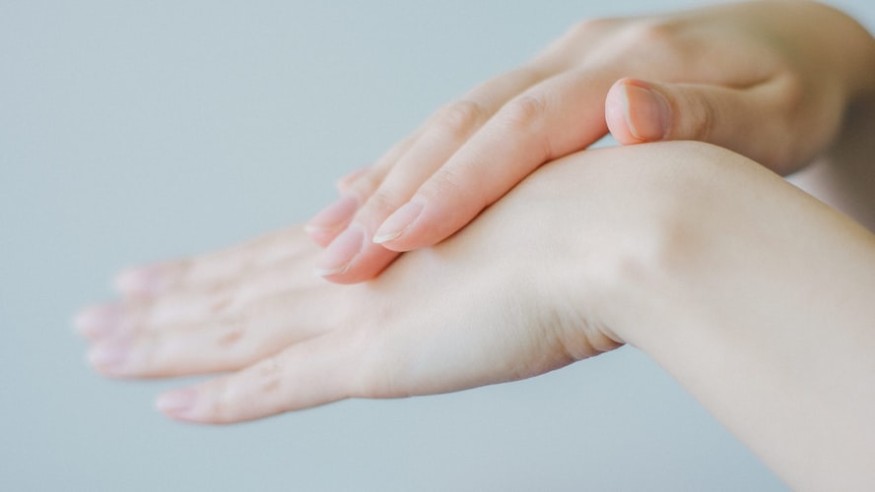Glycerin-based cosmetics smoothen the skin. Indeed, a 2014 Cosmetic Ingredient Review, "Safety Assessment of Glycerin as Used in Cosmetics", reveals that glycerin is the third most common ingredient in skincare products next to water and fragrance.
It is found in the list of ingredients in moisturizers and lotions. Using its pure form is also growing in popularity as studies show that it can positively affect the skin in many ways.

What is Glycerin?
According to a 2008 study entitled "Glycerol and the skin: holistic approach to its origin and functions," glycerol is trihydroxy alcohol that has been used as an ingredient for skincare products for many years. Also known as glycerol, it plays a key role in skin hydration, cutaneous elasticity, and epidermal barrier repair.
According to Healthline, glycerin is a clear, odorless, and sweet natural compound derived from vegetable oils or animal fats. It is a type of moisturizing agent known as a humectant that pulls water from the deeper layers of the skin and air to the epidermis.
In skincare products, it is often used alongside another moisturizing agent called occlusive to trap the moisture that it draws into the skin.
According to a 2016 study, "Moisturizers: The Slippery Road," glycerin is the most effective humectant compared to other moisturizing agents such as lactic acid and glycolic acid, hyaluronic acid, propylene glycol, and butylene glycol, sorbitol, and urea.
How to Use Glycerin?
Glycerin is used as a moisturizer to treat and prevent dry, rough, scaly, and itchy skin. It is best used as directed in skincare products, which sometimes require priming before use.
According to WebMD, some products with glycerin would need to be shaken before use, so it is best to read the instructions before opening and using the contents of the bottle. Apply glycerin to affected areas of the skin as needed or as directed.
The frequency of applying glycerine-based products on the skin will depend on the skin type and condition. For dry skin, it is advisable to use glycerin after washing the hands and applying it throughout the day.
In using glycerin to treat diaper skin rash, it is recommended that the diaper area is cleaned well before applying the product. This allows the area to dry before the glycerin-based product is applied.
For radiation or skin burns, consult a doctor if the brand of the skincare product with glycerin is appropriate to use before radiation therapy. Medical directions for use must be followed to prevent adverse effects.
Always avoid sensitive areas, like the eyes, inside the mouth and nose, and the vaginal or groin area unless the doctor directs otherwise. Check the label for which areas or types of skin where the product should not be applied.
Use it regularly to get the most benefit. Apply after bathing or taking a shower while the skin is still damp. Some doctors recommend soaking the area before using the product.
Side Effects of Using Glycerin
Glycerin is generally safe to use, although some of its humectant effects might be bothersome for people with oily skin. A patch test on the oily area of the skin will help determine how the product will affect the skin.
RxList reports that the side effects associated with glycerin include excessive bowel movement, cramping, rectal irritation, and cramping rectal pain.
If the condition persists, seek immediate medical attention or treatment.
RELATED ARTICLE: What is Butylene Glycol? Some Experts Caution Against It, Although It's Generally Safe to Use
Check out for more news and information on Skincare on Science Times.











